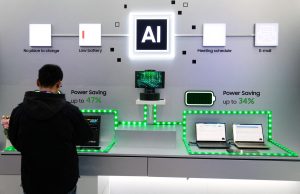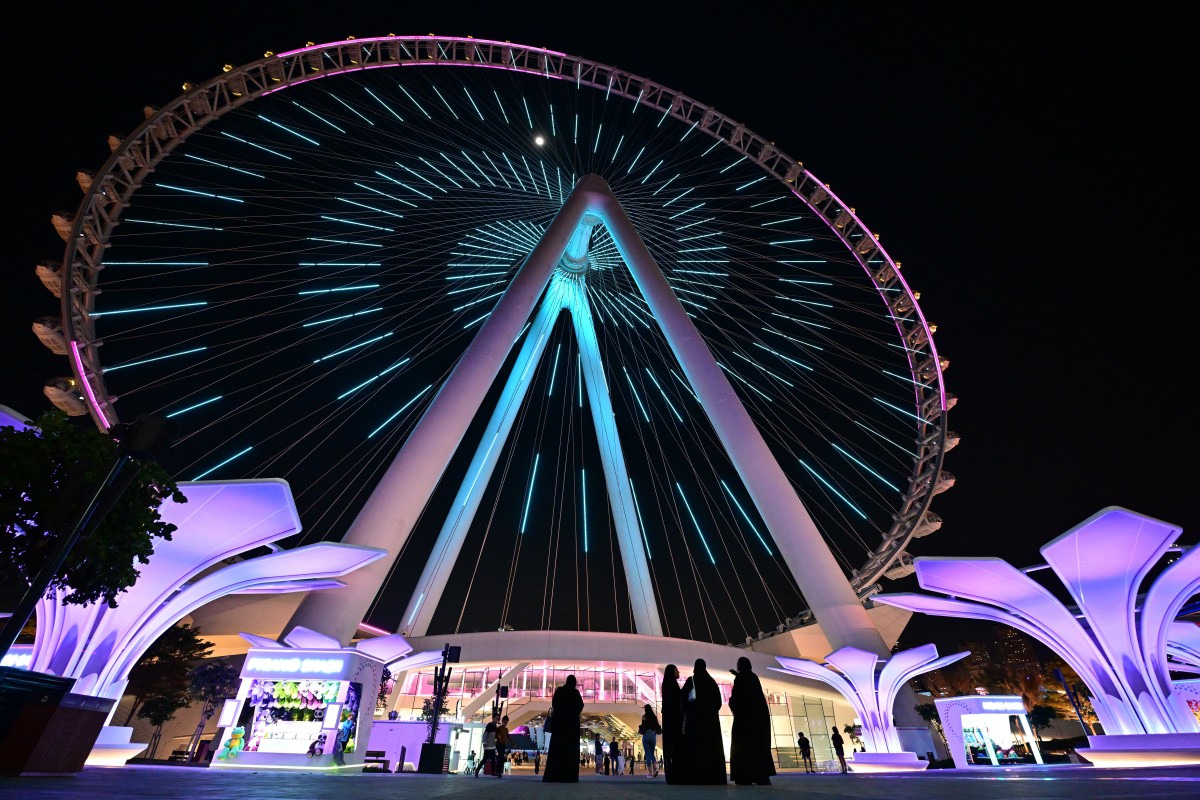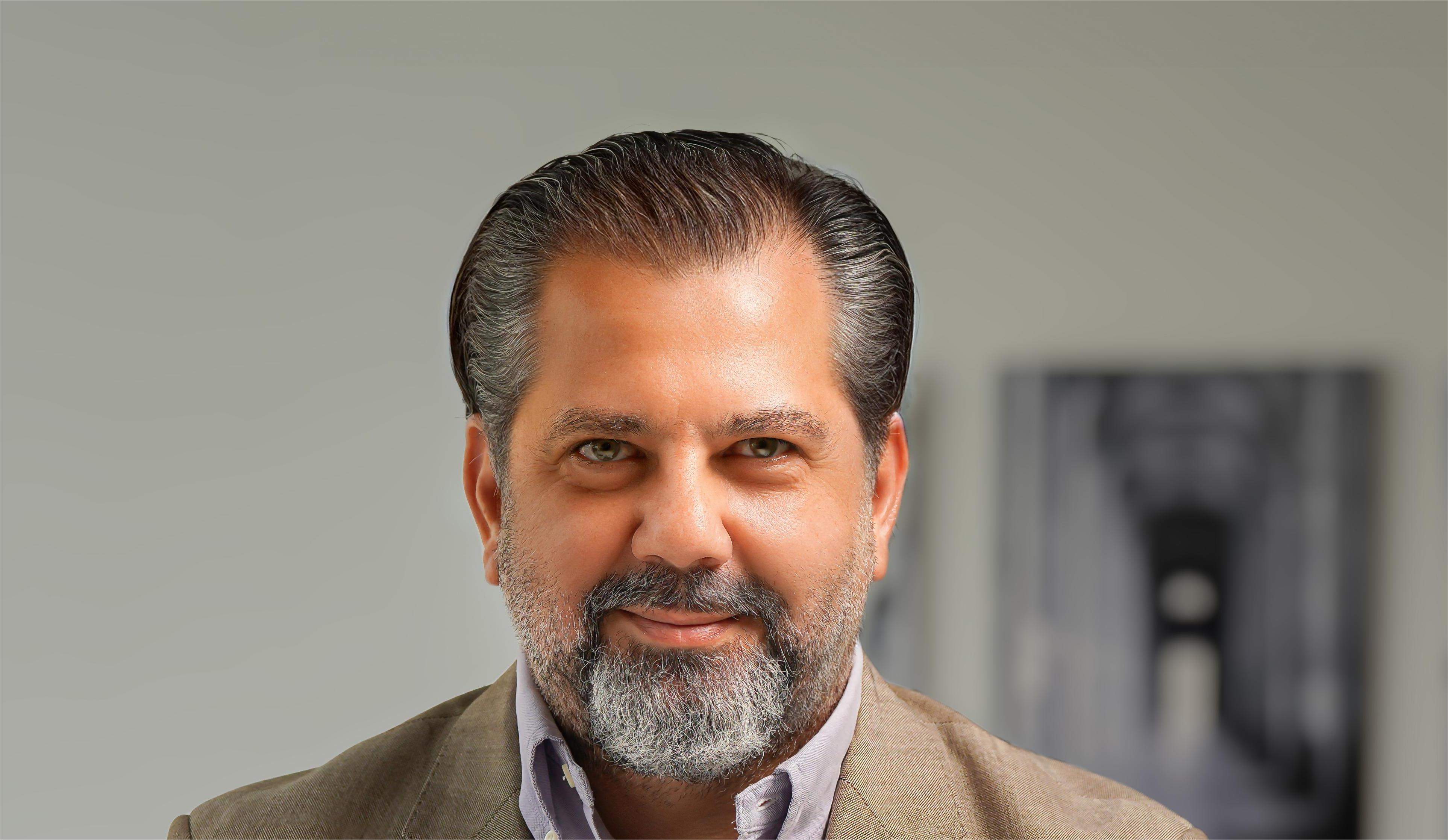Dubai, UAE — With the UAE’s skyline constantly evolving and smart cities becoming a reality, facilities management is undergoing a quiet revolution—powered by technology, sustainability, and user expectations. In this exclusive conversation with Adnan Jabri, General Manager of Ontegra Facilities Management, TRENDS explores how the company is responding to the shifting landscape.
From AI-powered virtual assistants and IoT integration to data-driven sustainability strategies, Jabri shares how Ontegra is positioning itself at the forefront of the industry, helping shape an ecosystem where convenience, efficiency, and innovation go hand in hand.
How do you see the development of iconic projects impacting the UAE’s international reputation, particularly in establishing Dubai—and the UAE as a whole—as a global hub for luxury living, innovation, and architectural excellence?
The new developments drive services to keep pace—whether through the integration of technology or the implementation of efficient living spaces. As service providers, we’re constantly pushed to stay aligned with these changes. In a market like the UAE, or the GCC in general, where things evolve daily, adaptation is essential. Even a drive through Dubai can reveal overnight changes, showcasing the city’s rapid transformation. The same goes for new projects— Dubai is at the forefront of technological advancements and their practical application.
What are some of the latest technological advancements you see driving change in the facilities management industry? How are these innovations impacting operational efficiency and customer service?
The facilities management industry has evolved significantly over the past 20 years—starting with the introduction of CAFM (Computer-Aided Facilities Management) and CMMS (Computerized Maintenance Management Systems). These systems emerged during the early days of the dot-com revolution, marking a shift from entirely manual processes—handled with paper and logbooks— computer assistance that streamlined operations.
Following that, we saw the rise of BIM (Building Information Modeling), a system used to catalog all building components and store them digitally for remote easy access when required. BIM allows remote referencing of a building’s infrastructure, which is particularly useful for maintenance planning and monitoring. Today, it’s often referred to as the “digital twin” of a building.
More recently, we’ve entered the era of IoT and AI. IoT involves installing sensory equipment throughout buildings to monitor various parameters—ranging from human movement to equipment performance and overall building behavior. In essence, it brings buildings to life through data.
AI complements this by acting as an advanced analytics tool, processing the collected data to provide actionable insights. These insights help optimize building management, reduce operational costs, and enhance sustainability while improving the quality and responsiveness of customer service.

How do you see IoT and smart technologies enhancing service delivery to improve customer satisfaction? Could you provide some examples of how these technologies are transforming traditional practices?
IoT and AI can be thought of as digital assistants—machines performing tasks traditionally handled by humans, but with greater efficiency, consistency, and precision. They eliminate distractions, work around the clock, and deliver outcomes that are often more reliable and preferred.
For example, by installing sensory equipment in public areas or corridors, we can track foot traffic during peak hours. This data allows us to make informed decisions to reduce energy consumption—whether for lighting, cooling, or other utilities. It’s not just about saving electricity; it’s also about preserving human energy and improving the overall user experience.
Let’s say the sensors show that peak traffic in a building occurs between 7:00 and 9:00 AM. We can automatically increase cooling during those hours to ensure comfort, then scale it down during off-peak times. Cleaning schedules can also be adjusted—intensified during busy hours and reduced when footfall is low. Similarly, we can avoid non-essential services like waste collection during rush hours to prevent disruptions.
All these adjustments work together to create a smoother, more pleasant experience for end users. While this is a simplified example for illustration purposes, the potential applications of IoT and AI in facilities management are vast and continuously expanding. They are truly transforming how we deliver services and enhance customer satisfaction.
What are some of the most pressing challenges that the facilities management industry is currently facing, especially in a rapidly growing market like the UAE?
Challenges are not few, there are a lot of challenges, but the environment in the UAE is extremely advanced, and it reduces most of the challenges by easing the use of technology.
One major challenge is the cost of retrofitting older buildings. Many legacy structures weren’t designed with smart systems in mind, making it hard to integrate modern technologies. Fortunately, the UAE government has taken the lead in this area by launching retrofit initiatives and supporting industry-wide adoption. Every year, retrofit summits are held to introduce cost-effective solutions, enabling older buildings to catch up with today’s digital standards. Still, retrofitting remains a high-cost endeavor.
Another challenge is the general rise in operational costs driven by global inflation. While inflation in the UAE is relatively low compared to other countries in the region, it still impacts long-term cost planning and efficiency.
Then there’s the rapid pace of technological evolution. You may invest in a system today, only to find it outdated by next year. Staying current means continually upgrading systems and tools—adding another layer of financial and operational pressure.
Finally, talent development is a constant priority. As technology evolves, your workforce must evolve with it. Continuous training is essential to ensure teams are equipped to operate and manage new systems effectively.
With the UAE’s real estate and facilities management sectors evolving rapidly, where do you see the biggest opportunities for growth? How are you positioning your services to leverage these opportunities?
First and foremost, the UAE’s economy continues to grow at a steady pace, providing a strong foundation for long-term business development. Operating in a market where growth is not a question, but a constant, presents ongoing opportunities for expansion.
The current property boom is one of the key drivers of growth for us. With new development projects constantly being launched, there’s an increasing demand for reliable and tech-enabled facilities management services. At the same time, the UAE’s status as a year-round global tourist destination adds another layer of opportunity. While traditionally the region was quieter during the summer months, that’s no longer the case. Over the past 10 to 12 years, we’ve seen consistent footfall throughout the year, with winter bringing in even more visitors.
This sustained demand—driven by both real estate development and tourism—creates fertile ground for us at Ontegra to grow and expand our footprint. We’re positioning ourselves by aligning our services with the evolving needs of the market, investing in smart technologies, and ensuring our teams are equipped to deliver high-quality, scalable, and future-ready solutions across various sectors.

How is your industry integrating environmentally friendly practices? And what role does technology play in supporting sustainability efforts?
Our industry is increasingly focused on sustainability, and technology plays a pivotal role in enabling environmentally friendly practices—particularly through the use of IoT and smart building management systems.
For instance, by implementing IoT sensory equipment, we significantly reduce the carbon footprint caused by excessive energy consumption. One of the first steps was transitioning to LED lighting for better energy efficiency. This was followed by the integration of occupancy sensors, which automatically switch off lights and adjust cooling systems in unoccupied areas, ensuring no energy is wasted.
We’ve also recently introduced weather-responsive cooling. By programming the Building Management System (BMS) to adjust the cooling levels based on outdoor temperature forecasts, we can further optimize energy use and reduce overall consumption.
In terms of water conservation, we’ve adopted high-efficiency faucets that infuse air into the water stream. This creates the sensation of high pressure while using significantly less water. Additionally, we recycle treated wastewater by redirecting it from sewage treatment plants to irrigation systems, reducing strain on water resources.
From an environmental compliance perspective, we ensure that all refrigerants used for cooling systems meet green standards and regulations. We only use environmentally friendly gases when maintaining these systems.
On the operational side, we also prioritize the use of eco-friendly cleaning materials—choosing products with minimal environmental impact to support our sustainability goals across all service areas.
As the facilities management industry continues to incorporate advanced technology, what strategies should companies consider to stay ahead of emerging trends and evolving client needs? And what is Ontegra’s strategy for maintaining a leadership position in this space?
In the service industry, everything ultimately comes down to one thing: client satisfaction. That’s where any strategy should begin. Clients today expect high-quality services delivered in the most efficient way—cost-effectively, seamlessly, and with minimal effort on their part.
However, achieving this isn’t always straightforward. Some buildings are new and equipped with modern infrastructure, making service delivery more advanced and streamlined. Others are older, requiring more effort, and at times, unavoidable disruptions—to meet the same expectations. This is exactly where strategy becomes essential.
At Ontegra, we’re putting the client at the heart of our solutions. We’re reimagining delivery service by learning how industries like food delivery and transportation have evolved. Just like you can now order a ride without speaking to anyone, know the fare upfront, and get to your destination smoothly, we want our clients to have the same frictionless experience.
That’s why we’re building a system where clients don’t need to call or follow up. They simply open our app, request a service, submit a complaint, or schedule maintenance without human interaction. The service is then delivered at the time they choose, exactly as expected.
And we’re going a step further. We’ve developed our own AI-powered virtual assistant, called Allegra from Ontegra. With a simple voice command, can you please schedule a service for my apartment? I have an issue with the AC”—she handles everything. No forms. No phone calls. Just one sentence. We’re currently in beta testing, and we’re planning to roll it out by the end of January.
We believe this level of innovation—anticipating client needs and eliminating friction—is what will set us apart. At Ontegra, we’re not just adopting technology, we’re transforming the service experience altogether.








